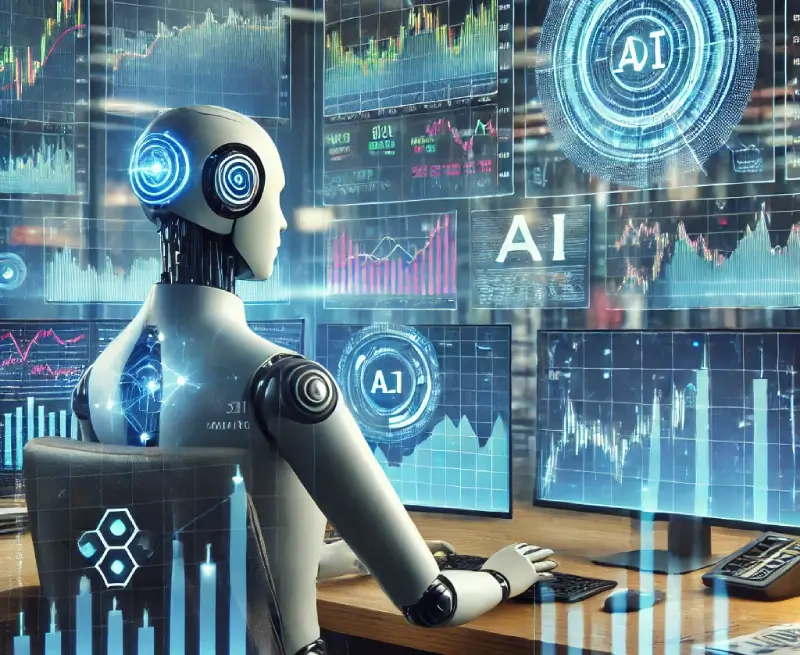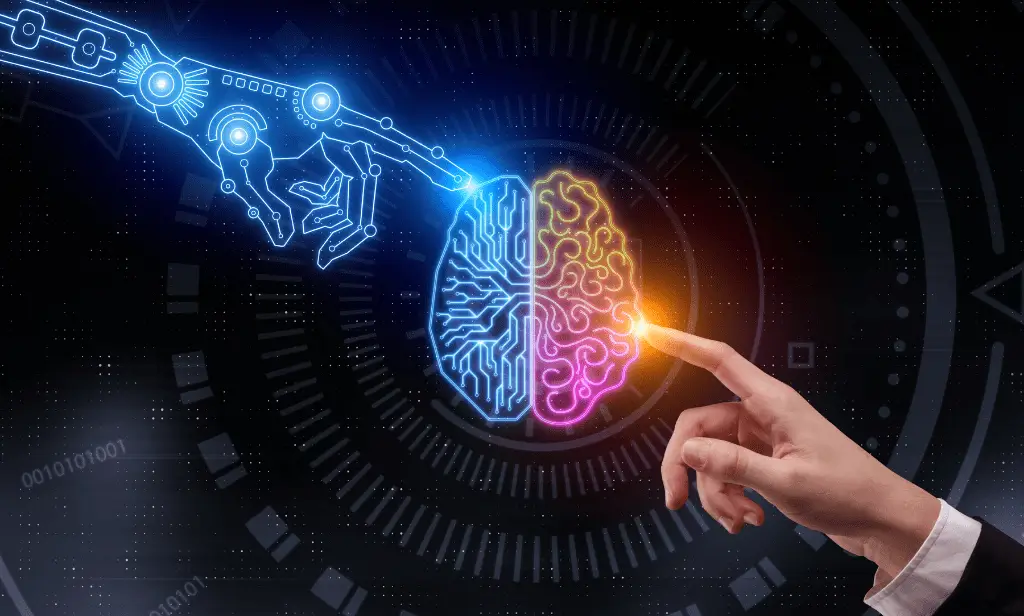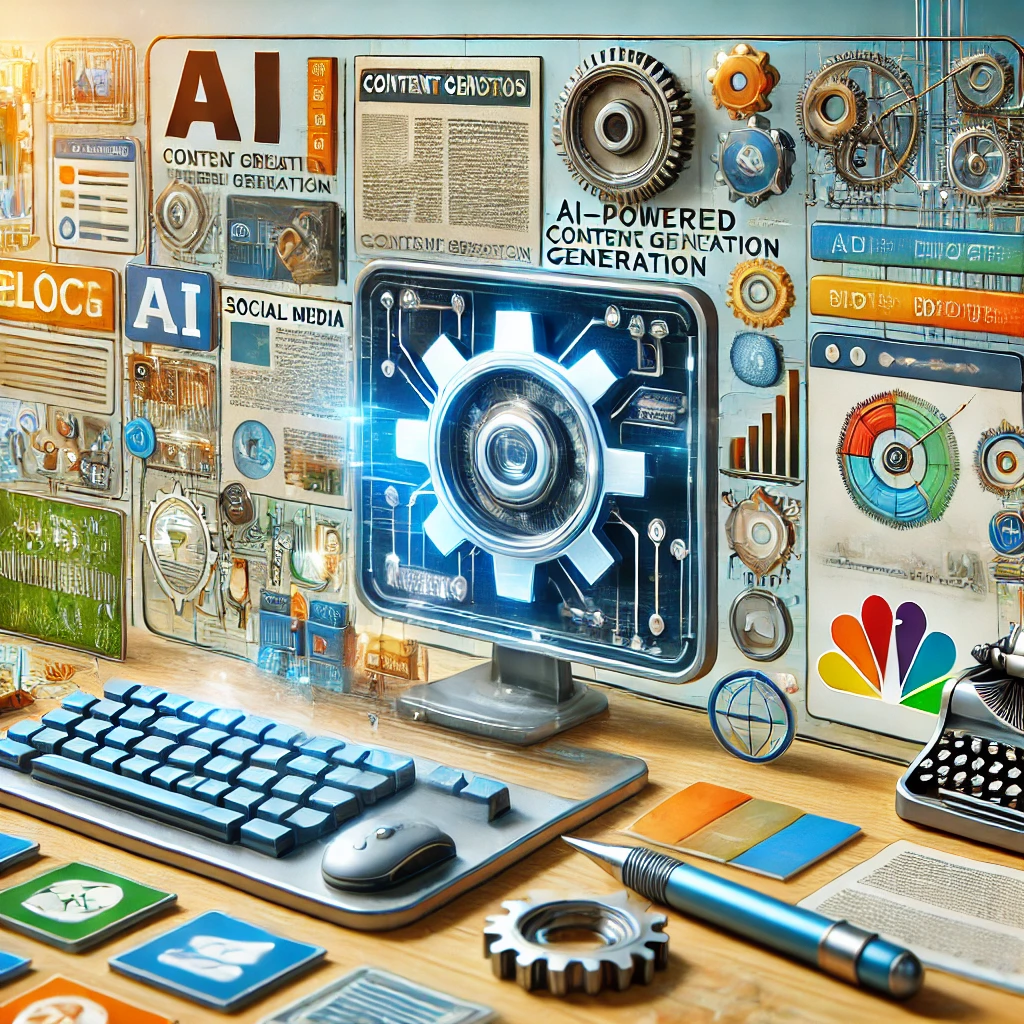
The role of AI in stock trading has evolved dramatically over the past decade. From simple algorithmic trading to advanced machine learning models, artificial intelligence is reshaping the financial markets. AI-driven trading systems analyze vast amounts of data, recognize patterns, and execute trades faster than any human trader. This transformation presents both exciting opportunities and potential risks. In this blog, we’ll explore how AI is impacting stock trading, its benefits, challenges, and future predictions.
Opportunities of AI in Stock Trading
1. Enhanced Decision-Making with AI Trading Tools
One of the biggest advantages of AI in stock trading is its ability to make data-driven decisions. AI-powered systems analyze historical data, news trends, and real-time market changes to execute trades with precision. Advanced AI trading tools can spot opportunities that human traders might miss, leading to more profitable trades.
2. AI Futures Trading Bot for Automated Trading
Traders are increasingly relying on AI-driven futures trading bots to automate stock market operations. These bots execute buy/sell orders based on predefined strategies, reducing human errors and emotional trading decisions. Some of the best AI stock trading bot free options provide accessible trading automation for beginners.
3. Predictive Analytics for Market Trends
AI models can analyze large sets of financial data to predict future market trends. This capability allows investors to make informed decisions about how to purchase AI stocks based on market movements. AI’s predictive power is especially beneficial for forex traders looking for the best AI for forex trading to gain an edge in the volatile currency market.
4. High-Frequency Trading (HFT) and Speed Advantage
With AI, stock trading has entered an era of high-frequency trading, where thousands of trades can be executed in milliseconds. AI algorithms use real-time market data to optimize trading strategies, making transactions faster and more efficient than traditional methods.
5. Reduced Trading Costs
AI-driven trading systems can significantly lower transaction costs. Automated bots minimize manual labor and reduce errors, leading to cost-effective stock trading strategies.
Read More: AI Words: How Artificial Intelligence is Redefining Language and Development
Risks of AI in Stock Trading
1. Market Manipulation and Ethical Concerns
AI can be used for market manipulation, raising ethical concerns. Some AI-powered hedge funds deploy trading strategies that exploit market inefficiencies, potentially leading to unfair advantages and regulatory scrutiny.
2. Over-Reliance on AI Trading Systems
While AI improves accuracy, it is not foolproof. Over-reliance on AI trading systems can result in significant financial losses, especially if the AI misinterprets market trends. It’s crucial for traders to balance AI-generated insights with human judgment.
3. Lack of Transparency in AI Algorithms
Most AI-driven trading systems operate as “black boxes,” meaning traders may not fully understand how decisions are made. This lack of transparency can lead to trust issues and potential risks if an AI model behaves unpredictably.
4. Cybersecurity Threats
Since AI trading systems rely on vast amounts of data, they are vulnerable to cyber threats. Hackers can manipulate AI algorithms to disrupt financial markets, posing a significant risk to investors and institutions.
5. Regulatory Challenges
Regulating AI in stock trading remains a challenge for governments worldwide. As AI continues to influence financial markets, regulatory bodies will need to implement policies to ensure fair trading practices and prevent market abuse.
Market Predictions: How Will AI Impact the Stock Market?
1. Increased Adoption of AI in Investment Strategies
As AI technology continues to advance, more hedge funds, financial institutions, and retail investors will integrate AI into their trading strategies. The use of AI in artificial intelligence stock trading will become mainstream.
2. Rise of AI-Powered Retail Trading Platforms
AI is no longer limited to institutional investors. Retail trading platforms will increasingly incorporate AI-driven insights, making advanced trading strategies accessible to everyday investors.
3. AI-Powered Personalized Investment Advice
AI will revolutionize financial advisory services by offering personalized investment strategies based on individual risk tolerance, financial goals, and market conditions.
4. Greater Regulation and Compliance Measures
Governments will introduce stricter regulations to oversee AI-driven trading activities. Compliance measures will ensure transparency and prevent market manipulation.
5. Evolution of AI Stock Trading Bots
AI stock trading bots will become more sophisticated, integrating deep learning and NLP (Natural Language Processing) to interpret news, social media trends, and economic indicators for better decision-making.
Conclusion
The future of AI in stock trading is promising, with immense opportunities for traders and investors. AI-powered trading tools enhance decision-making, automate transactions, and reduce trading costs. However, risks such as cybersecurity threats, market manipulation, and regulatory challenges cannot be ignored. As AI continues to evolve, traders must stay informed and leverage AI responsibly for long-term success.
For businesses looking to integrate AI into financial solutions, partnering with an AI development company can provide tailored trading tools and insights for maximizing profitability.

 Software Development
Software Development Food Delivery
Food Delivery Taxi Booking
Taxi Booking E-Commerce
E-Commerce Real Estate
Real Estate Healthcare
Healthcare



